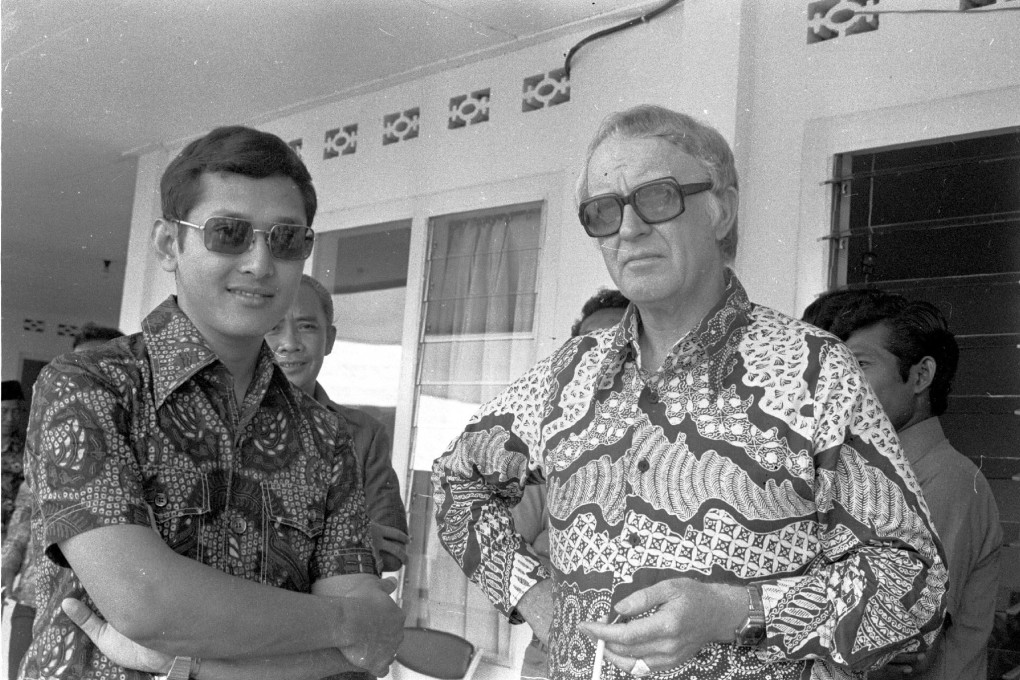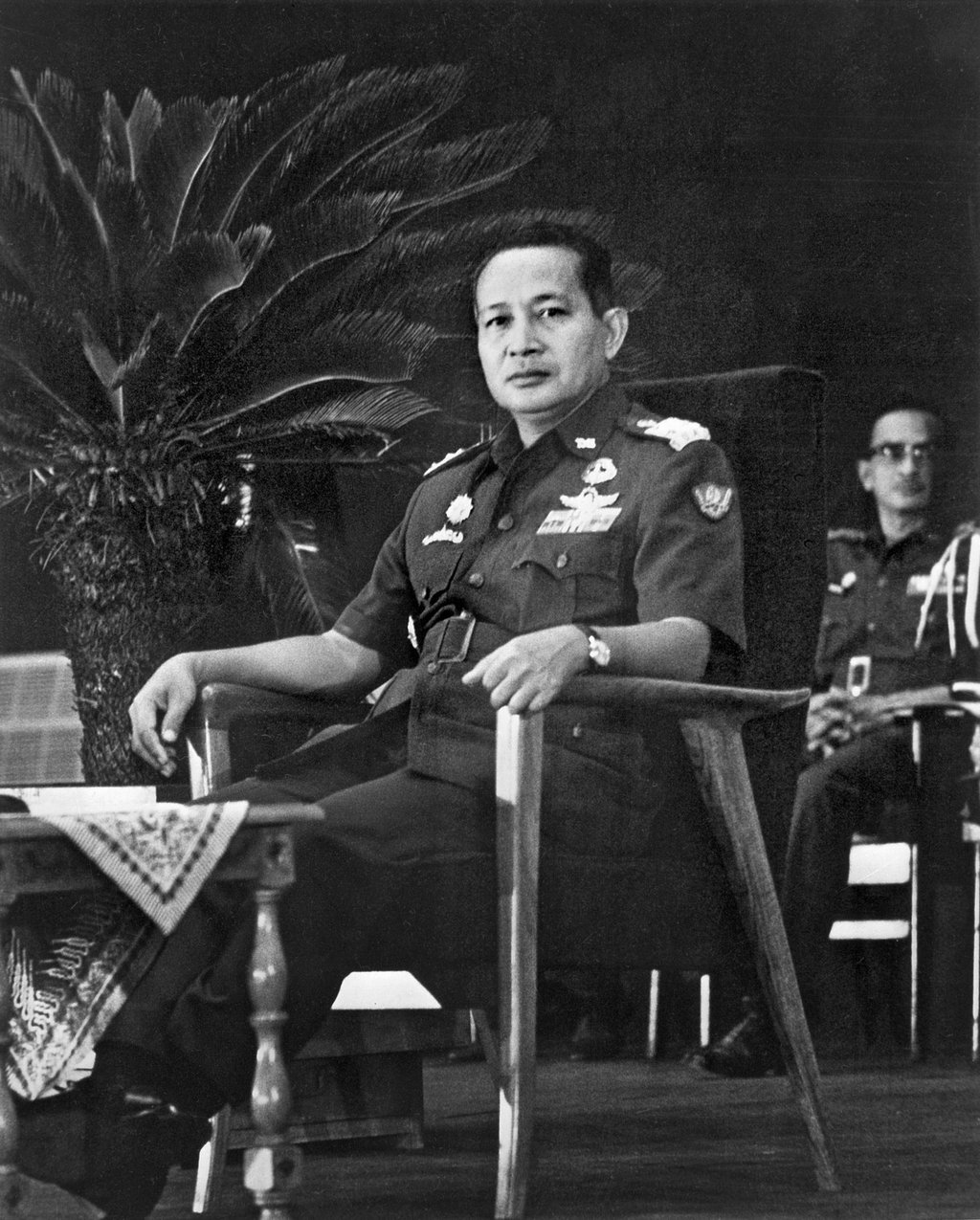Suharto’s mate: how a little-known Australian became a secret go-between for Indonesia’s leader and the West
- Clive Williams’ role as an unofficial broker in Indonesia’s ties with foreign governments was ‘very much obscured and underrated’, biographer says
- His discretion and unobtrusive nature earned him the trust of Suharto, who treated him as a ‘family friend’, a new biography reveals

“Clive’s role in history has been very much obscured and underrated all this time,” said Shannon Smith, author of the first-ever biography of Williams, Occidental Preacher, Accidental Teacher: The Enigmatic Clive Williams.
“Though he was referred to by name in the cables that the US embassy in Jakarta sent to Washington, Australian top diplomats concealed his identity by using a special code when discussing him.”

Army general Suharto first took control of the country in 1966, following a failed coup that he blamed on the communists. In 1967, he was named acting president before being appointed to office the following year. He went on to govern the archipelagic nation with an iron fist until he was toppled by a protest movement in 1998.
Smith said there was no doubt as to Williams’ role as a “backchannel”.
